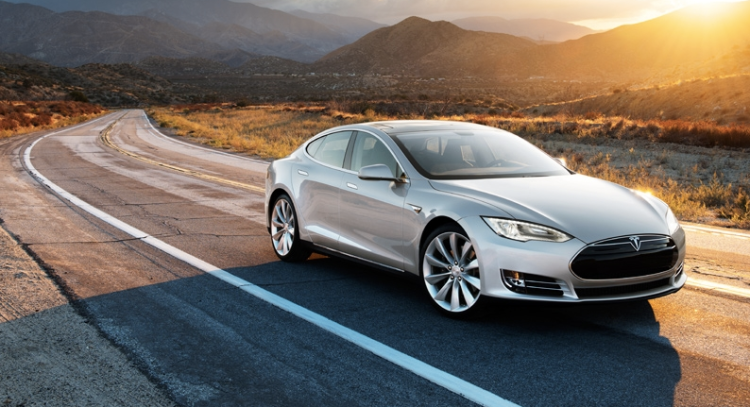As the land of big pickup trucks and Big Oil, Texas would hardly seem like the kind of place where electric cars could thrive.
Yet the Lone Star State is one of the friendliest for plug-in cars which, according to a recent Navigant Research post, have a powerful ally there: utility companies.
There are now around 5,000 electric cars registered in Texas, and that number is expected to grow to nearly 100,000 by 2023.
The growth is likely due to the existence of a comprehensive network of public charging stations in urban areas, which are largely supported by the state’s utilities.
Texas allows utilities to operate their own public electric-car charging stations, so the companies have been installing them all over the state to take advantage of what they perceive to be a new source of revenue.
NRG operates the eVgo charging network, which as 17 stations in Houston and 23 in the Dallas-Fort Worth area. Its “Freedom Stations” feature both 240-volt Level 2 and 480-volt DC Fast Charging capability.
Nissan is subsidizing the eVgo network in the Houston and Dallas-Fort Worth areas, allowing Leaf owners to charge for free and avoid the flat monthly fee other eVgo users pay.
Another player is CPS Energy, which views electric-car adoption as a way to offset air pollution in the heavily-industrialized area around San Antonio.
There’s also Austin Energy, which is the only one of the utilities to rely exclusively on renewable energy sources–specifically wind and solar–for its charging stations.
In addition to the potential revenue, utilities also say that electric cars may help balance the grid in the future.
The Electric Reliability Council of Texas is working with the Southwest Research Institute to demonstrate “smart” charging stations, which can cut charging during times of high demand as an alternative to activating coal-fired reserve power stations.
Utility companies aren’t the only ones promoting electric cars in the Lone Star State. While its direct-sales scheme is illegal in Texas, Tesla Motors currently has 5 Supercharger fast-charging stations in the state, with plans for more.
Observers will be watching to see whether Texas may relax its tough law against carmakers selling direct to buyers, given that it’s one of four states tapped as candidates to host Tesla’s “gigafactory” for lithium-ion cell manufacturing.
This story originally appeared on Green Car Reports. Copyright 2014
VentureBeat's mission is to be a digital town square for technical decision-makers to gain knowledge about transformative enterprise technology and transact. Learn More

